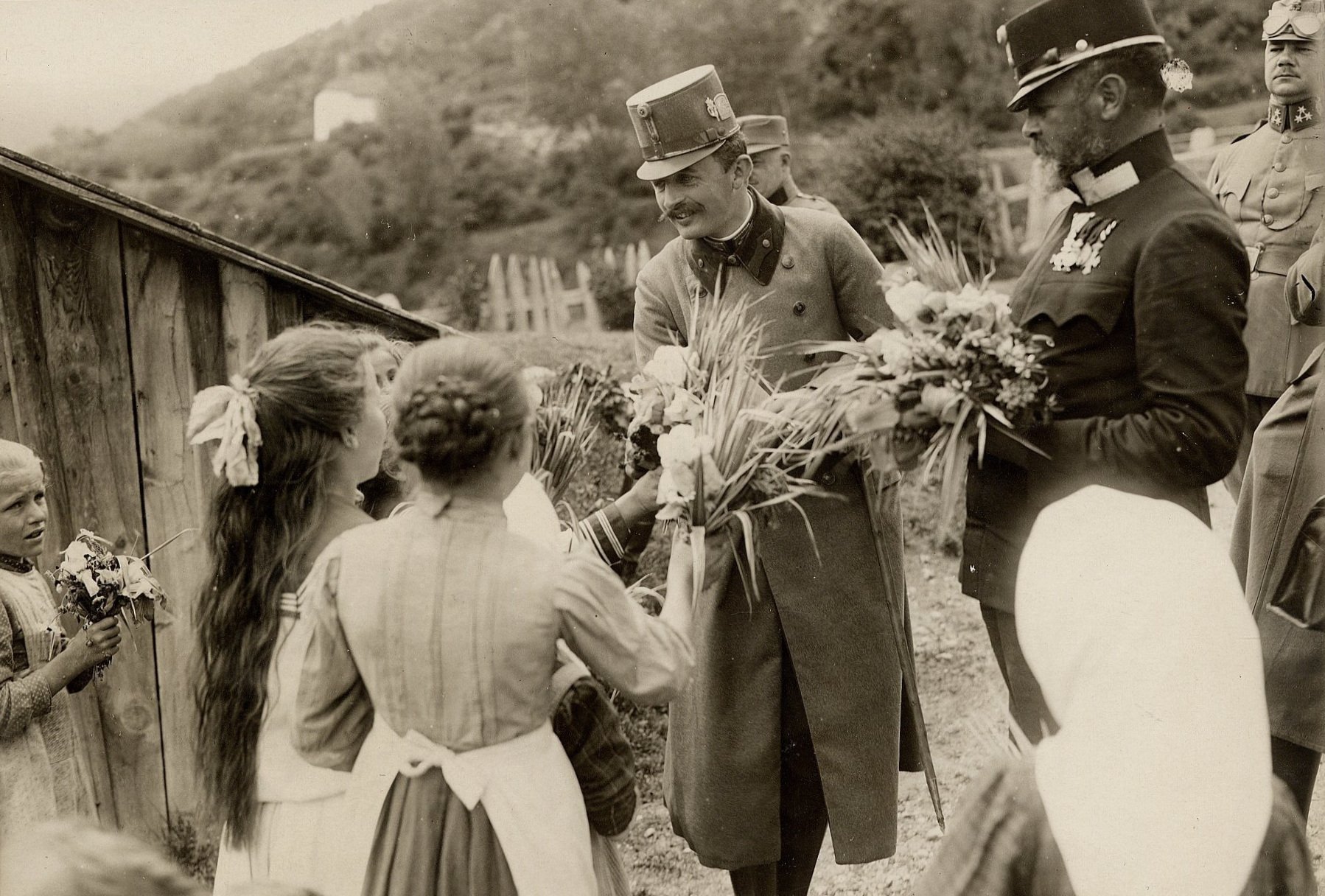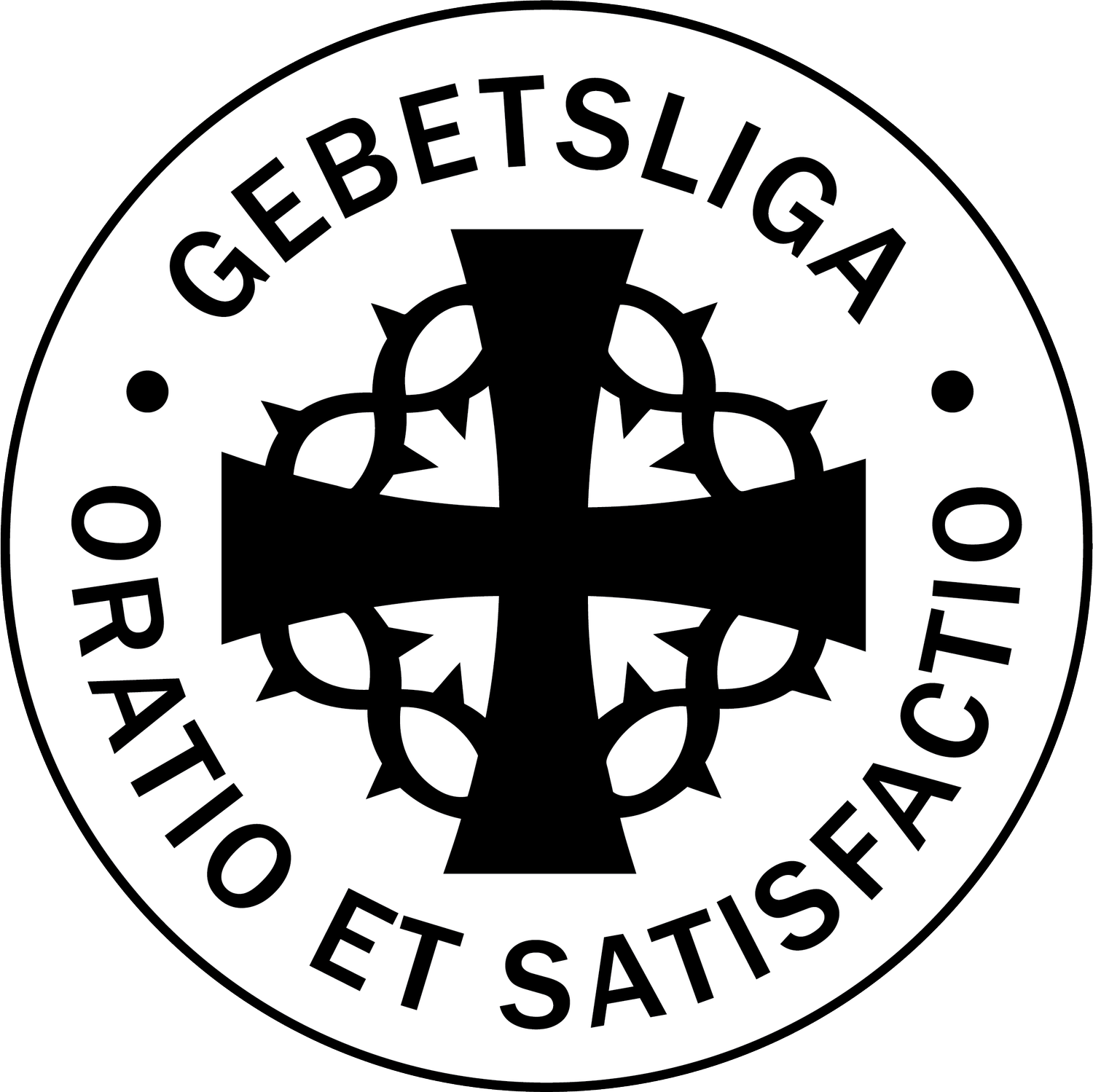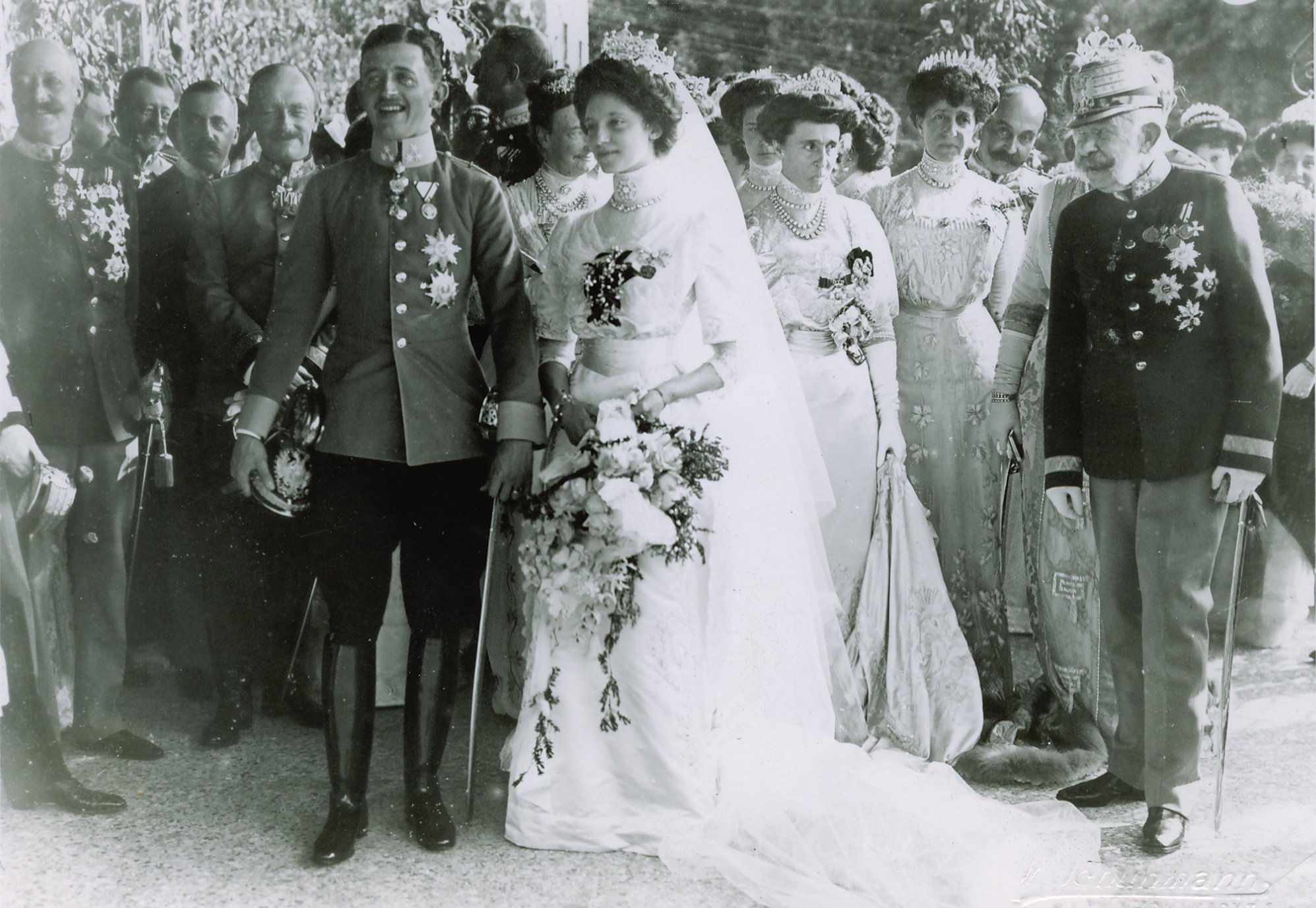
Karl’s Vita
Brief Vita
Karl was born in Persenbeug in 1887. On October 21, 1911, he married Zita of Bourbon-Parma. With his wife and children he led an exemplary family life — a true domestic church, shaped by his intimate love for the Blessed Sacrament and devotion to the Blessed Virgin Mary. In 1916, in the midst of the First World War he became Emperor of Austria and was crowned King of Hungary. He strove for a fair and lasting peace, and promoted equity and justice. After the revolution of the Provisional National Assembly in 1919, he was banished into exile, lived in poverty and bore his illness with a profound trust in God. He died on April 1, 1922, in Funchal on the island of Madeira, while calling upon the name of Jesus.
Longer Vita
Karl of the House of Austria was born on August 17, 1887, at Schloss Persenbeug in Lower Austria. His parents were Archduke Otto and Princess Maria Josepha of Saxony, daughter of the last king of Saxony. Emperor Franz Joseph I was Karl's great uncle.
From an early age, Karl fostered a great devotion to the Blessed Sacrament and the Sacred Heart of Jesus. He used prayer to guide him in making all important decisions.
On October 21, 1911, he married Princess Zita of Bourbon-Parma. During the ten good years of their happy and exemplary marriage, the pair were given eight children. While on his death bed, Karl said to Zita: "I love you unceasingly!"
On June 28, 1914, because of the assassination of Archduke Franz Ferdinand, Karl became the heir apparent of the throne of Austria-Hungary. In the middle of the First World War, the death of Emperor Franz Joseph on November 21, 1916, made Karl the Emperor of Austria. On December 20, 1916, he was crowned Apostolic King of Hungary.
Karl also saw his duty as a way to follow Christ: by loving his people and being concerned and devoted to improving their lives.
The most sacred obligation of a king—to provide peace—became the primary focus of Karl's efforts during this horrific war. The only world leader to do so, he support the peace proposals of Pope Benedict XV.
During a most difficult time domestically, he offered extensive assistance to his people and gave example to them by passing social legislation in conformity with Catholic social teachings.
His stance prevented civil war from occurring during the post-war transition of government. Yet still he was banished from his homeland.
At the request of the pope, who feared that communism would overtake Central Europe, Karl attempted to restore his government and return to the throne of Hungary. Two attempts failed because he wanted to avoid civil war at all costs. Karl was then sent into exile on Madeira. He saw his abandonment there as a commission from God, a duty he could not put aside.
He lived with his family in poverty, in a damp house. There, Karl contracted a fatal illness, which he accepted as a sacrifice to make for the peace and unity of his people. Karl endured his suffering without complaint, forgave everyone who had treated him unjustly, and died on April 1, 1922, with an almost holy countenance. The motto of his life, which he even said on his deathbed, was: "My entire endeavor has always been to clearly recognize the Will of God in all things and to follow it as completely as possible."
On October 3, 2004, Pope Saint John Paul II beatified Emperor and King Karl.


